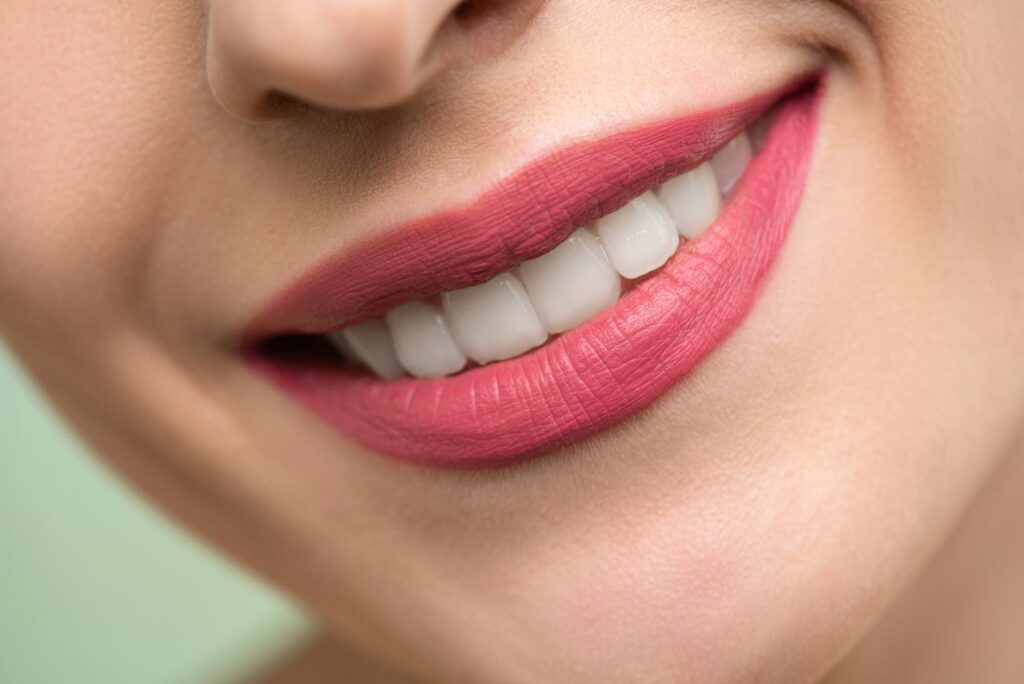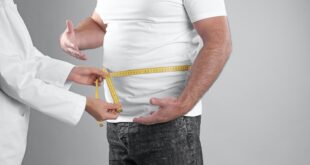Partaking in regular physical exercise has a wide range of health benefits that encompasses your dental health. It can lower your risk of getting heart disease, defends against osteoporosis, and can help prevent certain cancers. People who exercise regularly also lower their risk of developing things like hypertension and high cholesterol.
According to the Journal of Dentistry, regular physical activity may also be good for your oral health. You can learn more about these and other benefits to your dental health here. Function and Aesthetics Matter!
Exercising for Better Oral Health

A recent study about the oral benefits from exercise conducted over a 10-year period on American adults showed that physical exercise reduced the risk of the patients’ contracting periodontitis. Researcher Mohammad S. Al-Zahrani adjusted the findings for various factors like age, gender, and smoking. He found that those patients who engaged in the recommended level of physical activity lowered their prevalence of developing periodontitis.
In fact, “non-smokers lowered their risk by 54%, and previous smokers who engaged in regular activity lowered their risk by 74%”.
Exercising regularly helps promote a better functioning system. This is especially important as it relates to the body’s soft and hard tissues in and around the mouth. Wile eating healthy and maintaining good oral hygiene is imperative as a long-term regiment. Adequate exercise provides added benefits to the body’s internal system that soft and hard tissues greatly benefit from.
BMI and Oral Health

Obesity is related to a multitude of health issues including diabetes and hypertension. In addition, having an unhealthy body mass index or BMI, can also lead to poor oral health.
A study done at the University of Florida looked at the correlation between weight and dental health. “Individuals who maintained normal weight, engaged in the recommended level of exercise, and had a high-quality diet were 40% less likely to have periodontitis compared to individuals who maintained none of these health-enhancing behaviors,” the study reported.
Maintaining a healthy BMI strengthens the body’s natural immune system. This is also helpful if the body has to fight back any oral diseases and bacteria. A healthier immune system supports healthier soft and hard tissue in and around the mouth, which also helps decrease periodontitis prevalence.
Oral Benefits from Exercise: It Isn’t Always a Good Thing

While the recommended, moderate amount of exercise helps prevent periodontitis in some people, heavy physical training can be detrimental to oral health. Elite athletes, bodybuilders, and others who get physical activity in excess are at a higher risk of experiencing dental erosion, according to a study published by The Scandinavian Journal of Medicine & Science in Sports. Based on this study, “load-dependent changes in saliva parameters point out the need for risk-adapted preventive dental concepts in the field of sports dentistry.”
What does it mean? Exercising for better oral health can be beneficial. However, those that work out at an elite level can be at a higher risk for tooth enamel erosion, and they may develop more cavities. One reason for this, is attributed to teeth grinding during strenuous exercise regiments. If you’re working out at this elite level, wearing a mouth guards may be a suitable short term option.
(Physical activity at this level isn’t common. However, if you are training excessively, you should consult your dentist about your oral health.)
Exercising for Better Oral Health is No Substitute for Good Hygiene

Having improved oral health takes a lifetime of good care. Dentists agree, the oral benefits from exercise in combination with good hygiene can ensure healthy gums and teeth to last a lifetime. One common mistake many individuals do is to substitute their oral hygiene regiment just because they are doing well in other areas of overall health.
However, dental issues can creep up on you without notice, such as a cavity. Especially when you miss frequent dental checkups that would normally detect dental problems.
1. Brush
It is imperative that you brush your teeth at least two times per day, and that you don’t go to bed without brushing your teeth first. Make sure you take the proper amount of time and brush in a circular motion covering each tooth, the gums, and the tongue.
You should not have to take more than 3 minutes to brush each time and you should not brush too vigorously. You should place your toothbrush at a 45-degree angle while brushing in the circular motion. You should choose a toothpaste that contains fluoride. A defense against decay, fluoride fights germs and protects the teeth.
2. Floss
Just as important as brushing your teeth, flossing should be done in between your teeth at least once per day. When you floss, you get any tiny pieces of food that may be stuck between your teeth, and you stimulate your gums. Flossing also helps decrease inflammation, reduce plague, and improve oral health. Be sure to pass the floss in an outward motion through each side of each tooth at least 4 times. This helps ensure that you get as much as possible from those tight areas.
3. Get Routine Checkups
In addition to brushing and flossing daily, good oral health requires routine checkups with a dental professional. Cleanings should be done twice per year to remove calculus, look for cavities, and check the mouth for any other oral problems.
4. Watch What Goes in Your Mouth
Good oral health is also dependent on what goes into your mouth!
Dentists recommend drinking plenty of water, especially at mealtimes. Water can help neutralize some of the sugar and acid in the foods you eat and “wash away” the negative effects.
Eating a healthy diet of crunchy produce, healthy fibers, and foods low in acidic content help keep the teeth in good shape. To protect your teeth, you should also limit the amount of sugar you consume. Soda, juice, and sports’ drinks should only be consumed in small amounts or not at all.
5. Healthy Body, Healthy Mouth
Maintaining a healthy weight, getting a moderate amount of exercise, and eating foods that are good for the body will not only improve your overall health but will also improve oral health when done in conjunction with dental care.
 Imagup General Magazine 2024
Imagup General Magazine 2024



